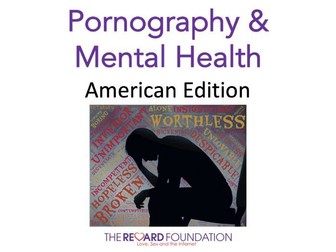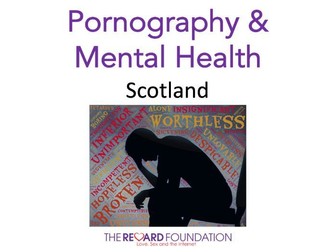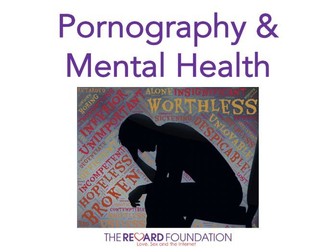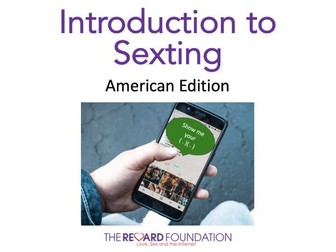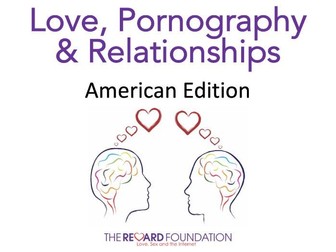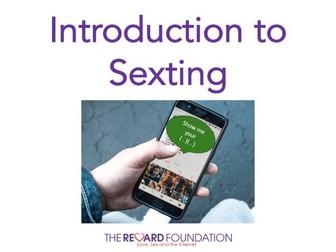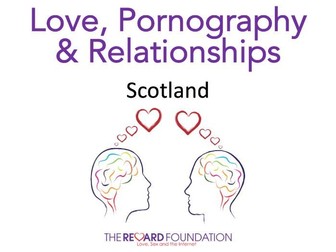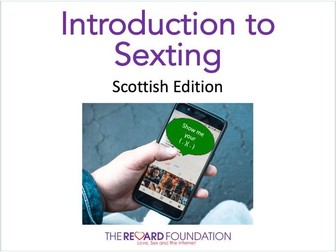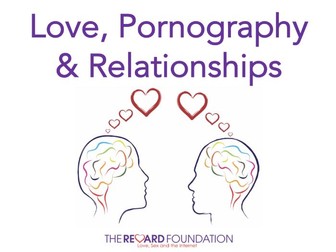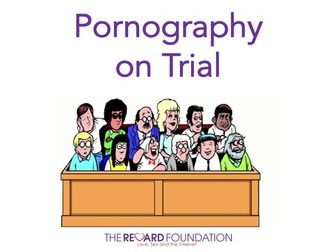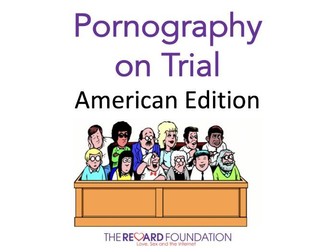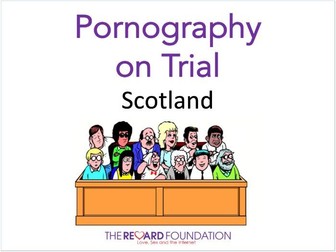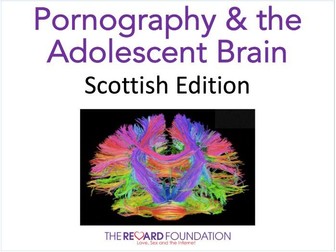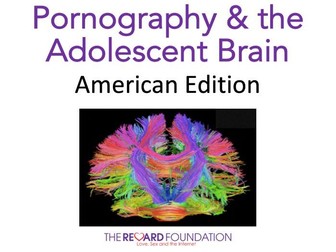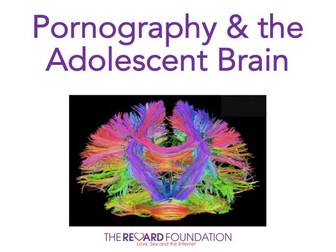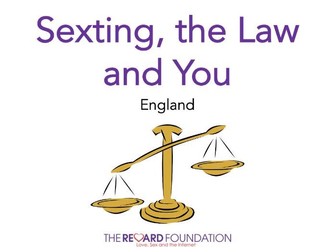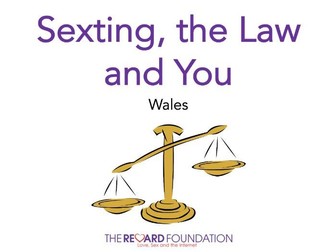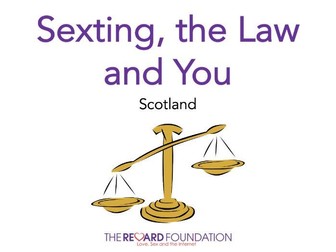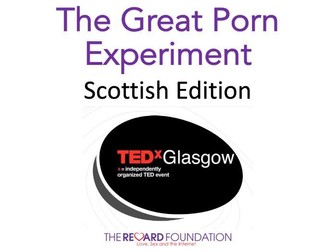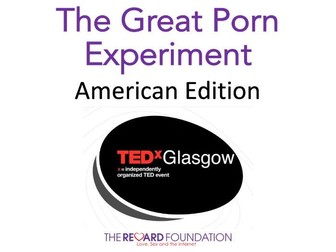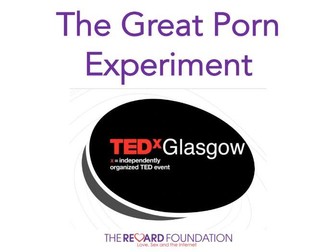Pornography & Mental Health, American Edition
<p>What impact does pornography have on mental health? On body image? On levels of attainment? On relationships? What are the signs and symptoms of overuse? How can a user cut back? What are good alternative activities to help a user be successful? No pornography is shown in this diversity friendly lesson.</p>
<p><em>”Of all activities on the Internet, porn has the most potential to become addictive” says Dutch neuroscientists</em> [Meerkerk et al, 2006].</p>
<p>The Reward Foundation is accredited by the Royal College of General Practitioners (family doctors) to run training on the impact of Internet pornography on mental and physical health. Internet pornography is increasingly being recognized by experts as a contributory factor in mental health problems among young people today. One of the lead authors of the lessons was a board member of the (American) Society for the Advancement of Sexual Health, 2016-2019.</p>
<p><em>Pornography & Mental Health, American Edition</em> is the third of our five lessons on Internet Pornography. It can be taught as a stand-alone lesson or after <em>Pornography on Trial</em> and <em>Love, Pornography and Relationships</em>. Other lesson in the series are <em>Pornography and the Adolescent Brain</em> and <em>The Great Porn Experiment</em>. This lesson is aimed at 15-18 year olds.</p>
<p>This fully resourced lesson runs as a teacher-led class using the slides. There are a number of opportunities for discussion in pairs, small groups and for feedback as a class. The Teacher’s Guide provides you with all the information you need to deliver the lesson and enable you to speak confidently about the subjects raised by the issue of pornography. There are links to research papers where appropriate.</p>
<p>The Reward Foundation has worked with a range of experts including more than 20 teachers, many experienced in developing training materials for schools, youth and community leaders, psychiatrists, doctors, psychologists and many parents. We have piloted the lessons in over a dozen schools across the UK.</p>
<p><strong>Resources:</strong> 16-slide PowerPoint (.pptx) and a 19-page Teacher’s Guide (.pdf). There are hot links to relevant research and further resources.</p>
